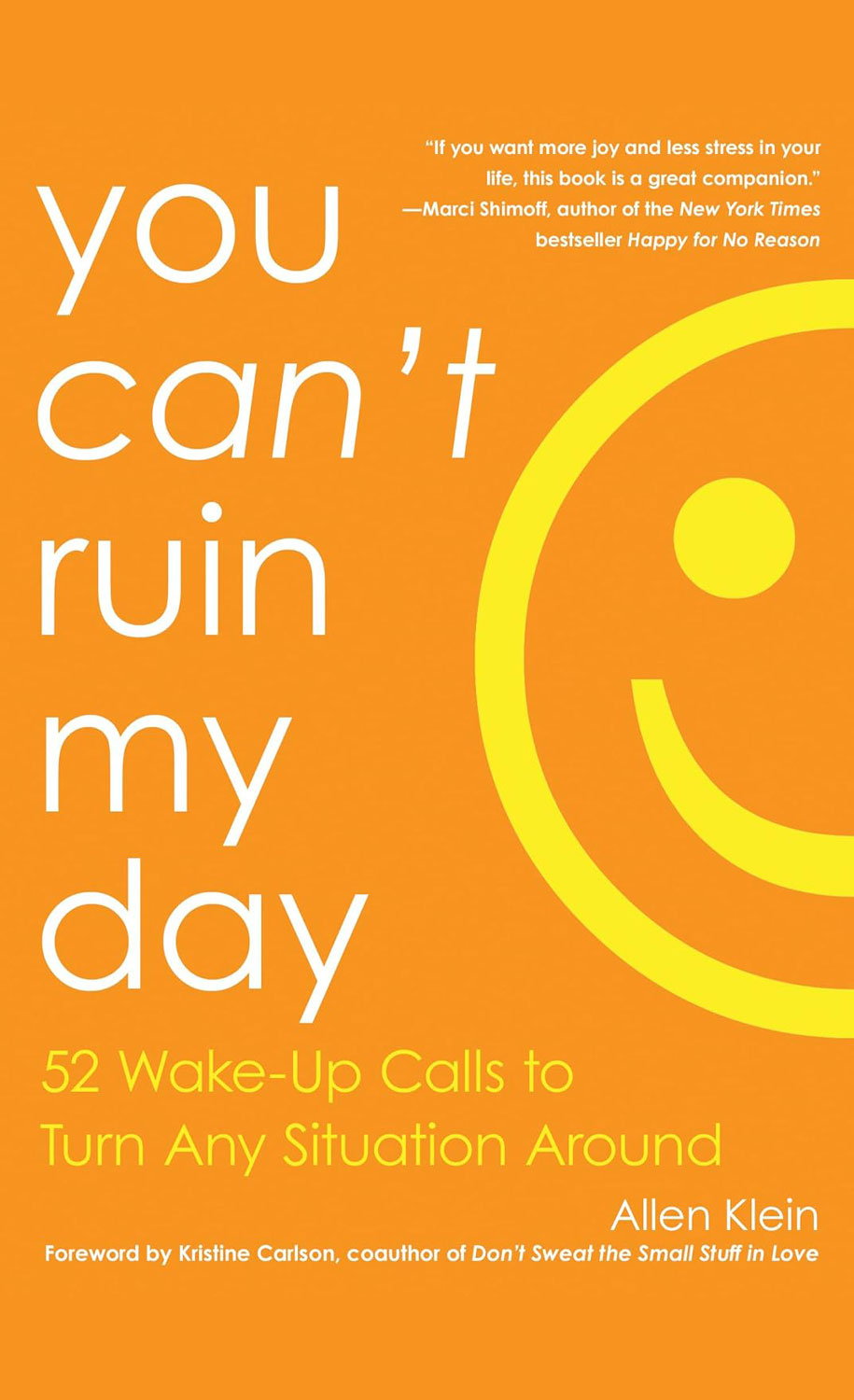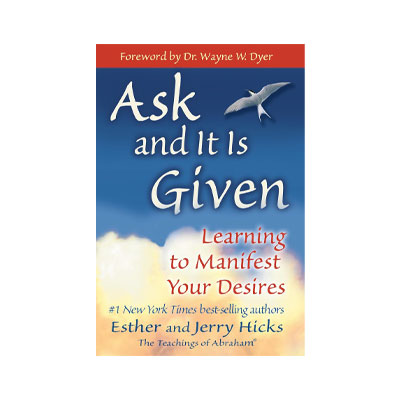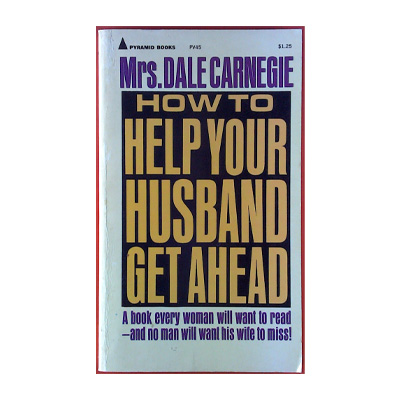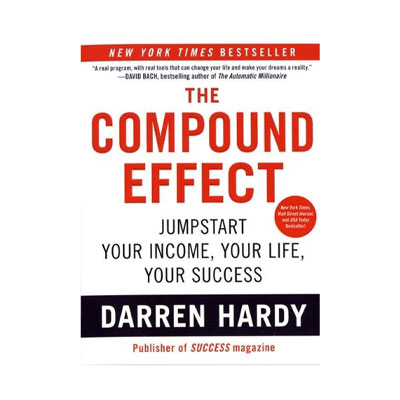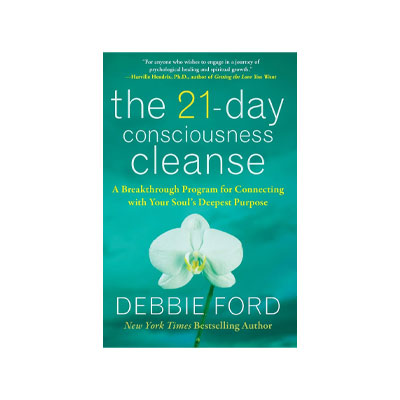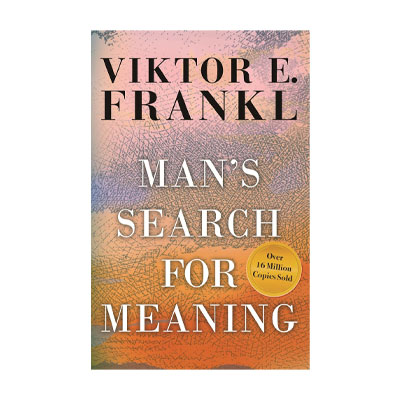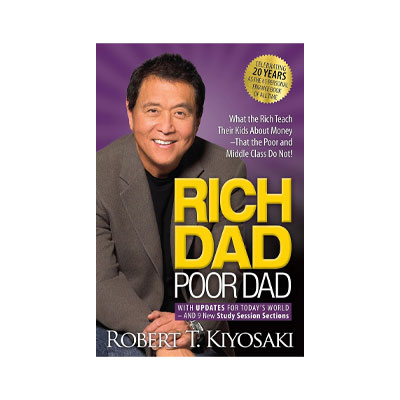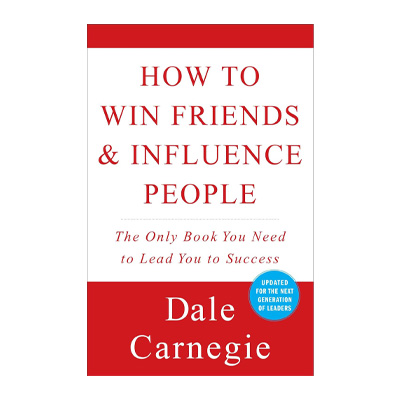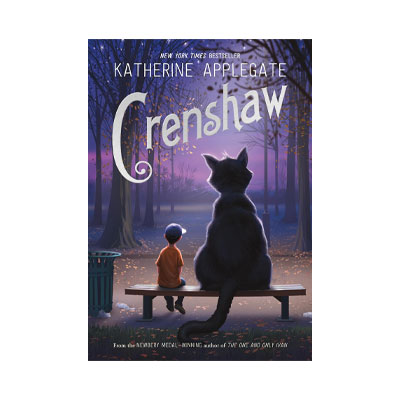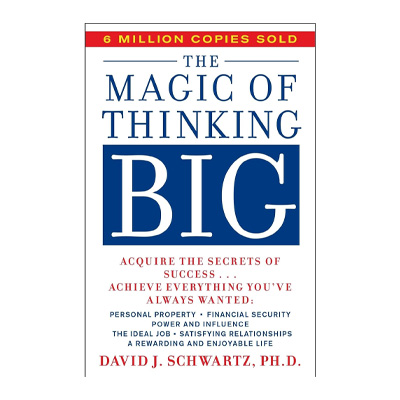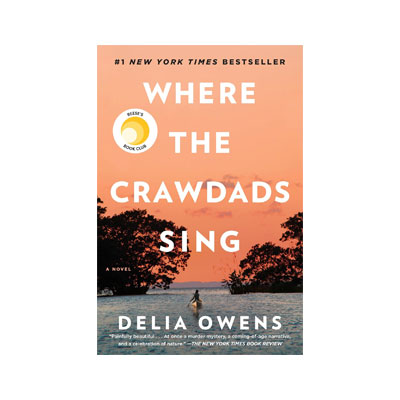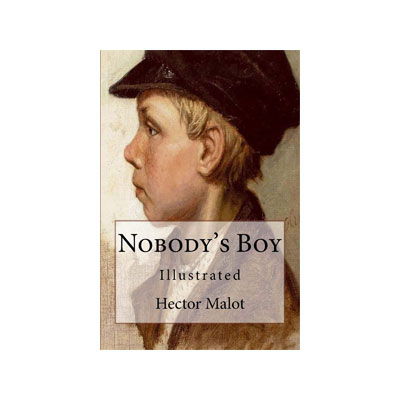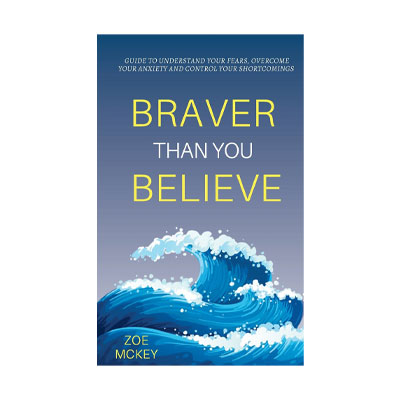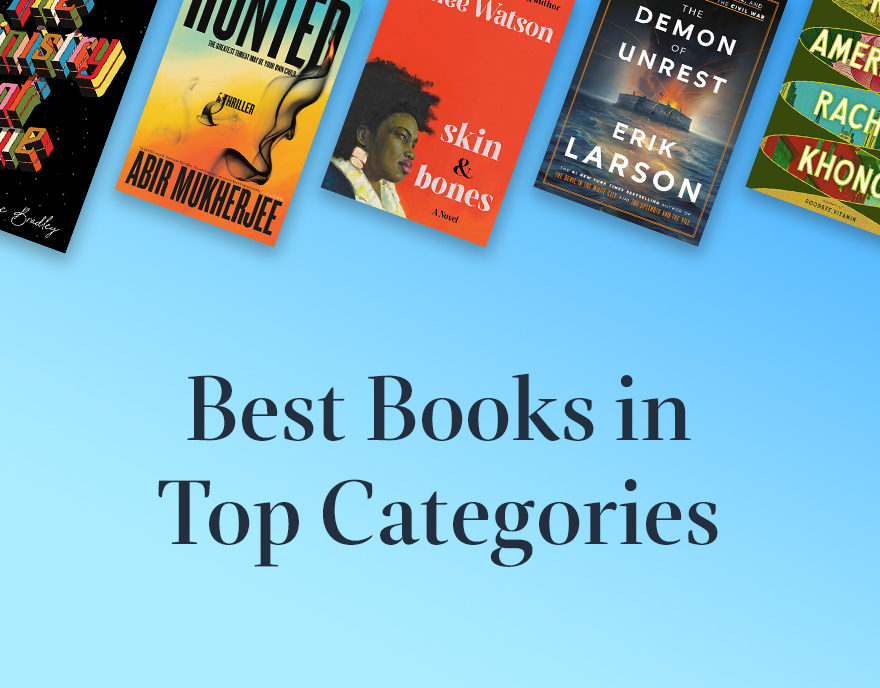Book Summary
In his educational and highly useful book titled "You Can't Ruin My Day" Allen Klein offers skills that can help individuals manage worry, anger, and frustration in various moments of life. He presents strategies that allow people to inject joy into the situations they experience. Klein begins by explaining that when a person holds onto emotions like anger and resentment, they suddenly encounter a force that influences their thoughts, taking control of their energy and, in essence, ruining their mood.
It's important to consider how such an approach can eliminate the positive and excellent aspects of one’s life over time, creating a very chaotic mindset. Over the course of 52 weeks, which make up a year, Klein presents 52 important strategies for his audience to use in sensitive moments when an unpleasant event has upset them. These strategies help individuals take control of their emotional state and guide it in the right direction. The best outcome after reading this book is that no one or no event will be able to disturb the mood of those who are willing to attentively follow Klein's instructions, fostering a conscious and elevated mindset in everyone.
This valuable work was first published in 2015 and continues to receive significant attention. One of its special features is its simplicity and the use of straightforward language, making it easier to understand the concepts. When we encounter works like this that teach us how to laugh despite various problems, sometimes truly feel happiness from the heart, and at the same time accept our flaws and the unpleasant events around us, we realize how practical and effective it is to take control of our moods and act wisely.
About the Author
Allen Klein is an American author born on April 26, 1938, in New York. He is considered one of the pioneers of humor therapy and lost his wife to liver cancer at the age of 34. Before turning to professional writing, Klein worked in set design for television and theater. Due to the humorous spirit his wife maintained until her death, he decided to focus his studies on human development. Other works by him include "The Healing Power of Humor" and "Embracing Life After Loss."
Who Should Read the Book?
This book is essential for those who easily become engulfed in sadness for extended periods after even a small unpleasant event, depriving themselves of smiles and happiness. They should definitely read this book once, or preferably several times.
Table of Contents
Alan Klein presents his 52 strategies across five sections titled: 1- Stay Awake 2- Be Wise 3- Grow Up, Not Down 4- Giggle and Laugh 5- Conclusion
Book Quotes
First and foremost, resentment and bitterness harm the individual and ruin their day. One of the most effective ways to neutralize bitterness is forgiveness. A few years ago, I received a letter from one of my readers who wrote that she had been assaulted twice at the age of twelve. Now, she was a woman, sixty-seven years old, and had never spoken to anyone about this bitter incident. For years, she was filled with anger and resentment until she read one of Dale Carnegie's quotes in my book. The quote was: "When you hate your enemy, you give him power over you: the power to dominate your sleep, your appetite, your blood pressure, your health, and your happiness. If your enemy knows how much he has upset you and hurt your feelings, he will break walnuts with his tail. Your hatred does not harm him in any way. But that hatred turns your day, night, and life into hell." That woman said that after reading this, she was very moved and found the courage to forgive her assailant. She wrote: "I took back my power, and my life has transformed."
"Until I was fined, the alarm clock rang for me. I realized that being fined and getting caught by the police could either make me feel frustrated and hopeless or I could maintain my good spirits. So I chose the latter and sang along with a song playing on the car radio: 'I am free, free, free.'
I even laughed a lot about this incident. Since I am an older person, not a teenager who just got their license and had never been fined before, I thought to myself: 'God, how wonderful! I have finally matured.'
I wanted the outcome to be great. Now I have learned in a more challenging way that some poems do not rhyme and some stories do not have a clear beginning, middle, and end. Life is about change and transformation, being present in the moment, and making the most of it without knowing what will happen later.
It took me a long time to realize that when someone gets stuck somewhere, it is often because they are more attached to their story of being stuck than they desire to free themselves from that tight spot.
The narrative—or more importantly, the way I told the story—needed to change. Today, I consciously focus on parts of the story to see how flexible I am. I think about what love has done in my life. Now the situation has changed, and I see the world differently." Note that the stories we tell ourselves play a fundamental role in our lives. What story are you telling yourself today? Don’t frown.
The ability to understand our lives as a narrative and share it with others is the essence of humanity.
A pessimistic person sees problems in every situation; an optimistic person sees every problem as an opportunity.
Acceptance does not mean surrender; it means understanding each situation and being aware that there is a way to get through it.
Your past is not your destiny. Who you were, what happened to you, and all your struggles in life do not determine who you will become. That is the case unless you allow it.
You realize that you must let go of issues simply because they are a heavy burden. So let them go. Just leave them be. I don’t weigh myself down.
